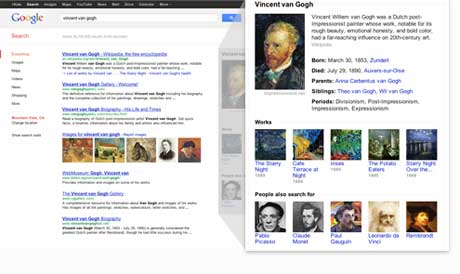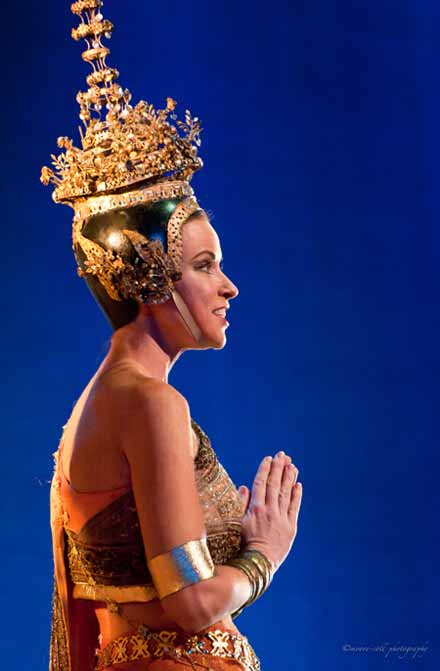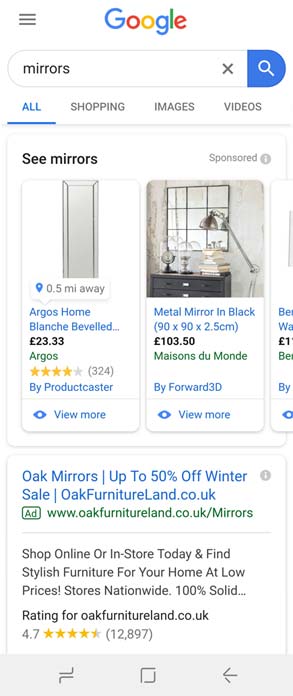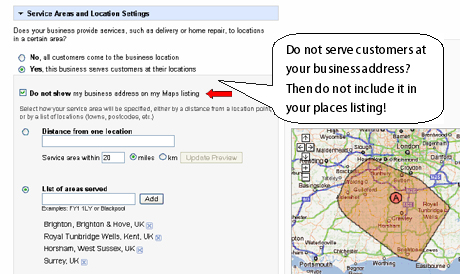What is Google Knowledge Graph?
As we all know Google are constantly updating their algorithms in order to provide the best possible answers for consumers that use their search engine. After recently upgrading the search engine to the slightly controversial Penguin update they have not rested on their laurels and on the 16th of May 2012 they have taken their search engine a step further by introducing Google Knowledge Graph.
Google’s Knowledge Graph is an update that ‘Google has used to enhance its search service to augment search results with sets of associated facts, an improvement that demonstrates greater understanding of queries.’ (Information week, 2012) This is similar in a way to what Facebook have cleverly done with their social graph is data that associates a user with their friends. Google on the other hand are using this tool to provide associated data for their search queries.
How will this affect Google’s users? The modernisation of Google’s search engine will mean that users will have a different experience when typing in a search query. For example if a user was to search for Vincent Van Gogh a fact box would appear (as shown below) on the right hand side of the search results displaying a set of facts about him such as Date of Birth/Death, Family members, His famous art works and other suggestions that users may be interested in.

Google’s viewpoint
The benefits of this are explained by Amit Singhal, Google’s senior vice-president of engineering, who states: “Search is a lot about discovery – the basic human need to learn and broaden your horizons. But searching still requires a lot of hard work by you, the user. So today I’m really excited to launch the Knowledge Graph, which will help you discover new information quickly and easily.”
Explaining the concept, Singhal said: “Take a query like Taj Mahal. For more than four decades, search has essentially been about matching keywords to queries. To a search engine the words Taj Mahal have been just that – two words. But we all know that Taj Mahal has a much richer meaning. You might think of one of the world’s most beautiful monuments, or a Grammy Award-winning musician, or possibly even a casino in Atlantic City, New Jersey, or depending on when you last ate, the nearest Indian restaurant.”
Who will this affect?
Many companies are concerned about the new Google knowledge Graph as it could lead to Google monopolising visitor traffic as users will not need to use sites such as Wikipedia and other information websites to find the answer to their query. However seeing as the update is in its preliminary stages the jury is still out on whether the information provided by the Knowledge Graph will be sufficient enough to stop users from clicking elsewhere to solve their questions.
How could this affect SEO?
From an SEO perspective this could have a big effect when optimising sites. The Penguin update has left many companies in trouble as their rankings have declined due to not meeting the latest Google algorithm standard and this update could make it worse for these sites with poor content. It becomes evident that to rank well in Google for a particular keyword the content of your site has to be relevant. In addition and due to this update I believe it is becoming more important for websites to engage with the users who enter their site and provide answers to the problems they may have. This will allow them to rank higher when a user enters a question into the search engine as Google will acknowledge the fact that this website can provide the relevant answer to a query and therefore it will rank it higher in the results.






